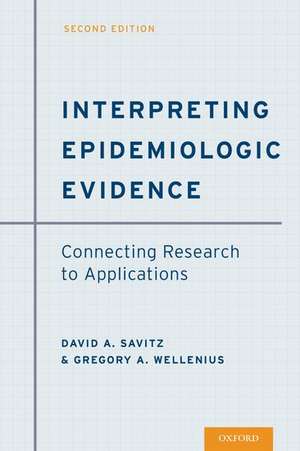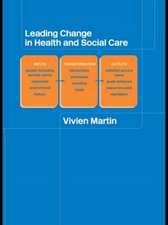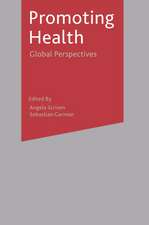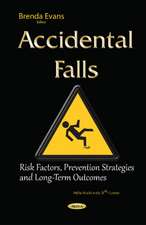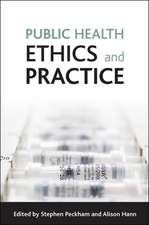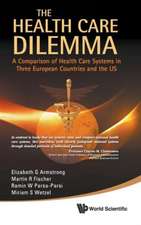Interpreting Epidemiologic Evidence: Connecting Research to Applications
Autor David A. Savitz, Gregory A. Welleniusen Limba Engleză Paperback – 18 aug 2016
Preț: 479.18 lei
Preț vechi: 594.25 lei
-19% Nou
Puncte Express: 719
Preț estimativ în valută:
91.69€ • 95.73$ • 75.89£
91.69€ • 95.73$ • 75.89£
Carte disponibilă
Livrare economică 04-10 martie
Preluare comenzi: 021 569.72.76
Specificații
ISBN-13: 9780190243777
ISBN-10: 0190243775
Pagini: 240
Dimensiuni: 231 x 155 x 10 mm
Greutate: 0.36 kg
Ediția:2
Editura: Oxford University Press
Colecția OUP USA
Locul publicării:New York, United States
ISBN-10: 0190243775
Pagini: 240
Dimensiuni: 231 x 155 x 10 mm
Greutate: 0.36 kg
Ediția:2
Editura: Oxford University Press
Colecția OUP USA
Locul publicării:New York, United States
Recenzii
Highly relevant to any practicing epidemiologist.
In departments with active research and graduate-level studies, the Savitz book will be tattered and torn well before the basic text shows signs of wear.
Required reading for the novice and the professional
In departments with active research and graduate-level studies, the Savitz book will be tattered and torn well before the basic text shows signs of wear.
Required reading for the novice and the professional
Notă biografică
David A. Savitz, PhD, is Professor of Epidemiology and Obstetrics and Gynecology at Brown University. He has held leadership positions at the University of North Carolina (Chair of the Department of Epidemiology) and at Brown University (Vice President for Research), as well as in a number of professional organizations. His research is focused primarily on reproductive and environmental epidemiology. He was elected to the National Academy of Medicine in 2007.Gregory A. Wellenius, ScD, is Associate Professor of Epidemiology at Brown University. His research focuses on the effects of our environment on cardiovascular health, with an emphasis on the adverse health effects of air pollution and the built environment. He has taught advanced graduate courses in epidemiologic methods, provided invited expert testimony before the US House of Representatives and US Senate, and mentored a number of undergraduate, medical, masters, and doctoral students.
